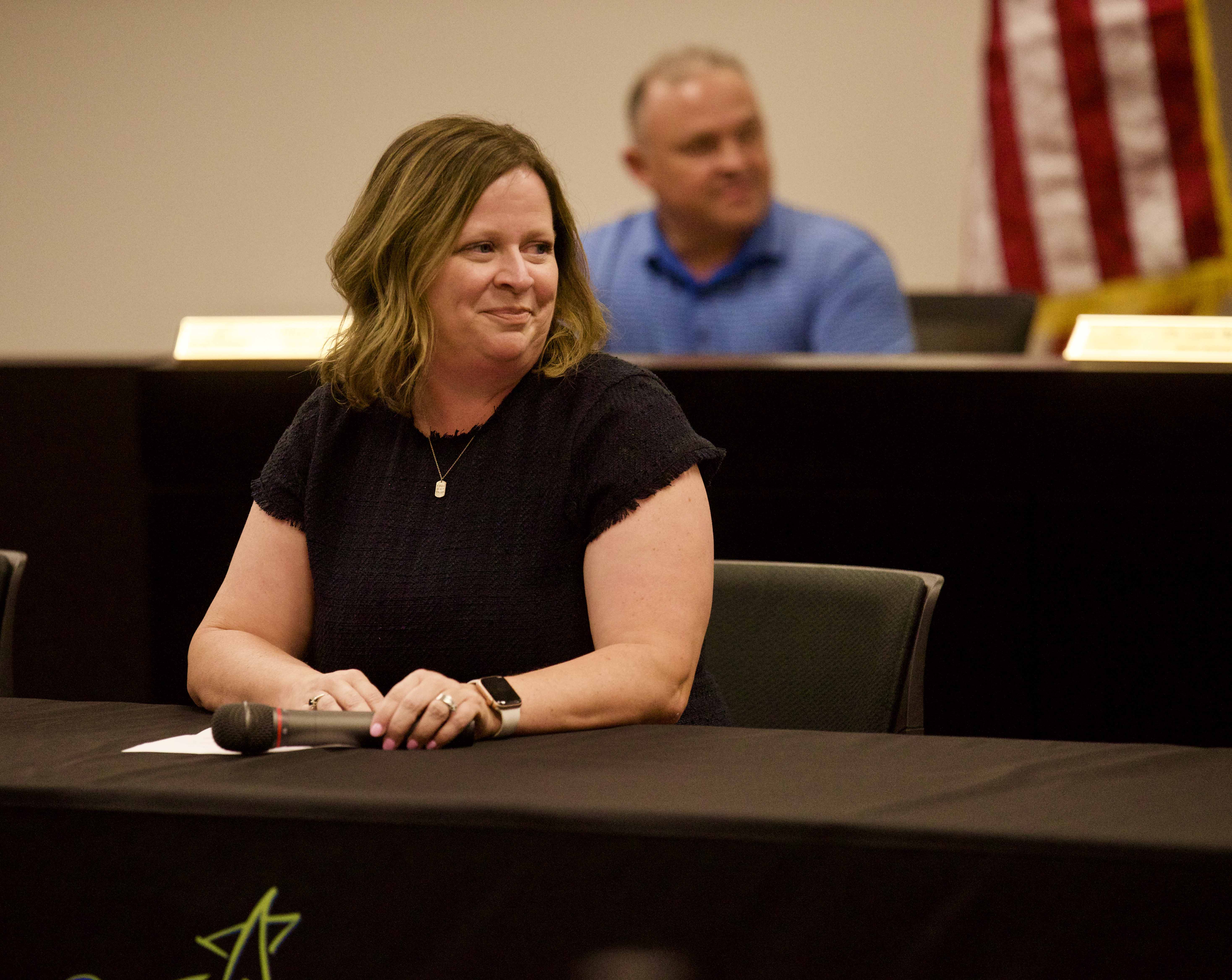Calendar flexibility pilot program clears N.C. House
Published 12:10 am Friday, April 7, 2017
By Josh Bergeron
josh.bergeron@salisburypost.com
SALISBURY — Rowan-Salisbury Schools would be able to set its own school year start and end dates under a bill that cleared the state House by a wide margin on Thursday.
The measure would place the school system and those in a number of other counties in a pilot program that would allow schools to start notably earlier than under current schedule guidelines. Kannapolis City Schools and Cabarrus County Schools would also be included in the program.
Drafted by Rep. Harry Warren, R-77, House Bill 389 would allow certain school systems to start as early as “the Monday closest to Aug. 10” and end “the Friday closest to June 11.” By comparison, Rowan-Salisbury Schools started the current school year on Aug. 29 and is scheduled to end classes on June 9.
The goal of his bill, Warren said, is to gather data and determine the true effect of calendar flexibility on the state’s tourism industry, which has lobbied against such bills in the past. State legislators who oppose calendar flexibility have argued that allowing schools to set their own calendar could negatively affect tourism by changing when schoolchildren and their families could take vacations.
Arguing for his bill on the House floor, Warren framed public education as an investment. He said as much as 57 percent of the state’s budget goes to education.
“It would be incumbent upon us to get the best return on that investment as we can,” Warren said. “I think it’s only logical that we take a serious study with a pilot program like this.”
Warren’s bill would allow specific counties, including Rowan and Cabarrus, to align school calendars with the schedule of local community colleges, high school sports and other matters.
Warren’s proposal includes the following counties: Rowan, Cabarrus, Anson, Bladen, Caldwell, Cherokee, Cleveland, Davidson, Duplin, Graham, Greene, Guilford, Martin, McDowell, Mitchell, Northampton, Robeson, Warren, Washington and Wilson.
Warren says he chose the counties, in part, based on poverty rates.
After passing its second reading by a 104-6 vote, the bill stalled briefly when Rep. Julia Howard, R-79, used a procedural objection to delay the bill. Howard later withdrew her objection and unsuccessfully asked for more counties to be added to the study bill.
Later, Warren’s bill passed its third and final reading.
After the vote, Warren said he thinks that adding counties to the pilot program would negatively affect the quality of data on calendar flexibility that would be gathered.
The bill now goes to the state Senate and, if approved there, to the governor for his signature before becoming law. Warren expressed optimism about the bill’s future.
“I think it stands a better chance in the Senate than attempts have in the past,” he said in an interview. “We’re not asking for individual consideration for an individual county. We’re proposing a study.”
If it passes the Senate, Warren said he believes Gov. Roy Cooper would sign the bill quickly.
The calendar flexibility pilot program would likely start in 2018 or 2019 and last for three years.
Kannapolis City Schools Superintendent Chip Buckwell and Rowan-Salisbury Schools Superintendent Lynn Moody have both expressed support for calendar flexibility.
Contact reporter Josh Bergeron at 704-797-4246.





